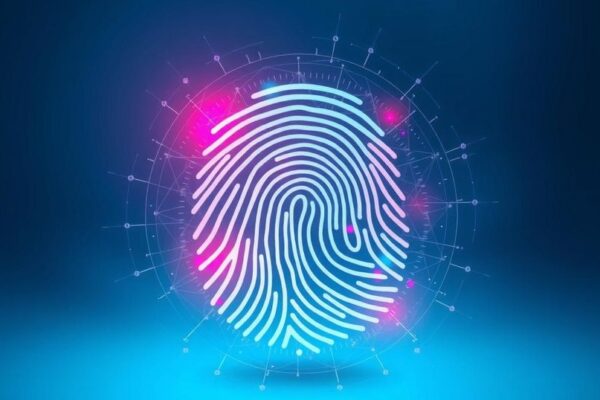
Key Security Principles for Protecting Player Identities in iGaming
The iGaming industry prioritizes player identity security through various strategies including KYC compliance, multi-factor authentication, encryption protocols, and blockchain solutions. Establishing robust measures against fraud, ensuring regulatory compliance, and utilizing advanced technologies like AI and biometrics are essential for maintaining player safety and trust. Operators like Lucky Block demonstrate best practices in securing user identities…









